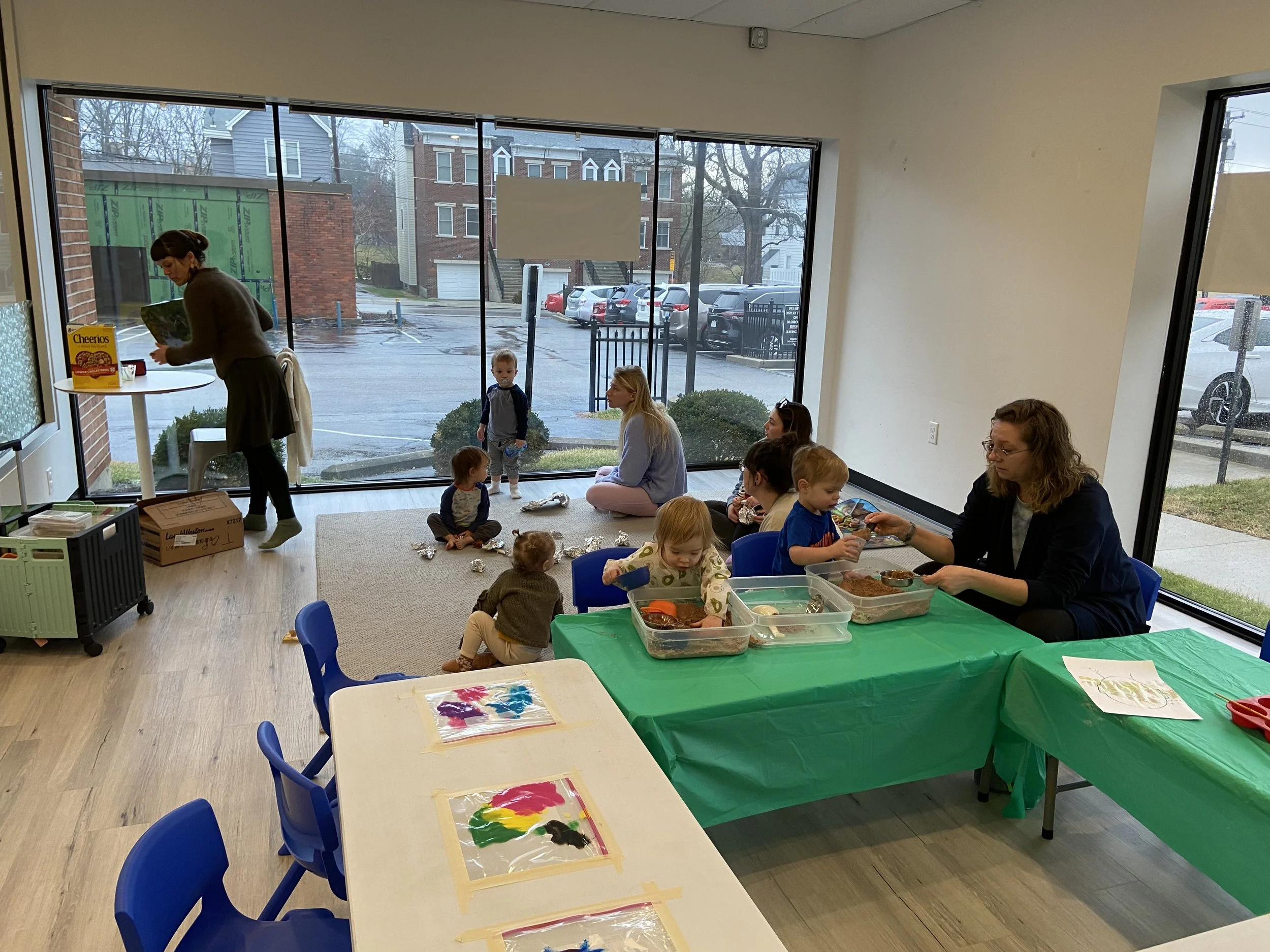flexible enrichment courses for young children
Age Appropriate Curriculums, encouraging learning through play.
Get exploring
Welcome to sensory exploration with Hunny Nanny Agency! Our sensory classes are designed to fuel inquisitive minds through various formats.
We offer group classes in: Educational settings, camps, private events, and birthday parties.
At Hunny, we believe in the power of sensory experiences that foster your child's development holistically. Our classes are tailored to offer a rich, engaging environment for children to explore and learn. Children can discover, create, and learn, and you don't stress about the mess!
Interested in having one of our classes in your space?
Submit an inquiry today, we’ll reach out to schedule a demo!
Sensory Magic
WHAT ARE THE BENEFITS OF INCLUDING SENSORY PLAY IN YOUR DAY TO DAY WITH YOUR CHILDREN?
Sensory play is a crucial part of early childhood development, offering a wide array of benefits that support a child's growth and learning. This type of play involves activities that stimulate a child's senses—touch, smell, taste, sight, and hearing—encouraging them to explore and interact with their environment in meaningful ways. Here are some key benefits of sensory play for young children:
Enhances Cognitive Growth: Sensory play helps build nerve connections in the brain's pathways, which lead to a child's ability to complete more complex learning tasks. It supports language development, cognitive growth, fine and gross motor skills, problem solving skills, and social interaction.
Improves Fine and Gross Motor Skills: Engaging in sensory play often involves actions like scooping, pouring, grasping, and balancing, which develop fine motor skills. Larger scale activities support gross motor skills, including jumping, running, and balancing.
Supports Language Development: As children describe their sensory play experiences, they learn new ways of expressing themselves and understanding others. This can include learning new words and phrases related to textures, colors, processes, and sensations.
Encourages 'Scientific Thinking' and Problem Solving: Children learn about cause and effect, and they start to develop the skills needed for scientific thinking and problem solving as they predict, experiment, and observe the outcomes of their actions during sensory play.
Enhances Memory Function: Sensory experiences provide a rich source of stimuli that spark the creation of synaptic connections. These experiences can enhance memory and the ability to complete more complex learning tasks.
Supports Social Interaction: Sensory play can be a cooperative activity where children learn to work together, share, negotiate, and plan. This fosters social skills and encourages a sense of community and connection.
Facilitates Exploration and Encourages Discovery: Sensory play removes the constraints of structured learning and allows children to explore and discover on their own terms. This encourages a love for learning and curiosity about the world around them.
Calms Anxiety: Engaging in sensory activities can also soothe children who are anxious or frustrated. The tactile nature of many sensory play activities can be particularly calming and therapeutic.
Fosters Creativity and Imagination: Sensory play encourages creative thinking and problem-solving skills. It allows children the freedom to manipulate materials, build, deconstruct, and invent in an open-ended manner.
Promotes Mindfulness and Awareness: Through sensory play, children become keenly aware of their senses and the role they play in guiding their experiences. This awareness can promote mindfulness, helping children to be more present and engaged in the moment.
Incorporating sensory play into early childhood education and at home provides a foundation for lifelong learning by touching on numerous developmental areas. It's a fun, engaging way to support children's growth and exploration.







